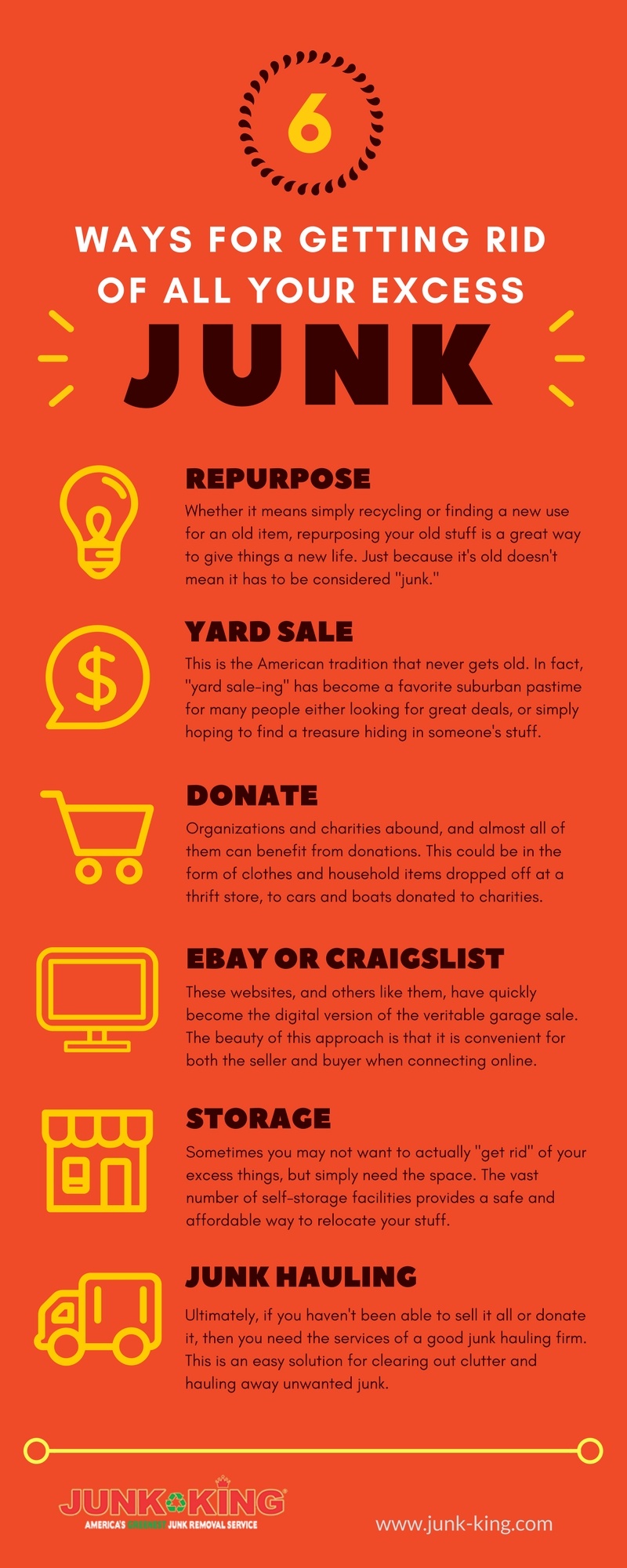Crucial Guidance For Dumpster Rentals: What You Ought To Recognize Prior To Your Reserving
Crucial Guidance For Dumpster Rentals: What You Ought To Recognize Prior To Your Reserving
Blog Article
Short Article Writer-Holt Lester
Before you dedicate to renting a dumpster, there are essential elements you have to consider to prevent potential challenges and guarantee an effective rental experience. From choosing the best dumpster size to following neighborhood laws and complying with garbage disposal standards, each action plays an essential role in the process. By being notified and prepared, you can navigate the complexities of dumpster service with self-confidence and efficiency.
Dumpster Dimension Selection
When choosing a dumpster size, take into consideration the volume of waste you require to throw away and the room readily available on your property. It's vital to accurately approximate the quantity of debris you'll be discarding to ensure you pick a dumpster that can accommodate all of it. If you go with a size that's also small, you might wind up requiring multiple trips to the garbage dump or additional pickups, bring about additional costs and inconvenience.
On the other hand, selecting a dumpster that's too big for your needs can be a waste of money and important room on your residential or commercial property.
To identify the ideal size, analyze the kind and amount of products you'll be getting rid of. For small cleanouts or improvements, a 10-yard dumpster might suffice. For permanent dumpster rental like whole-home cleanouts or building, you may require a 20 or 30-yard dumpster. By examining your waste volume and readily available room, you can select the ideal dumpster size to effectively manage your clean-up demands.
Resident Rules Understanding
To make certain a smooth dumpster rental experience, it's important to understand regional guidelines governing garbage disposal in your area. Various cities and regions have certain guidelines regarding where and just how dumpsters can be put, what materials are enabled to be thrown away, and the necessary permits for positioning a dumpster on your residential property or the street. Failure to comply with these regulations can result in fines or various other penalties, so it's critical to familiarize yourself with the regional needs prior to booking a dumpster.
Some locations may have constraints on the sorts of products that can be thrown away in a dumpster, such as hazardous waste or electronic devices. In addition, there may be standards on the positioning of the dumpster, such as distance from property lines or guaranteeing it doesn't obstruct web traffic or access to emergency solutions. Recognizing these laws in advance will help you prevent any issues throughout your rental duration and guarantee a problem-free experience.
Be sure to talk to your regional waste monitoring authority or city authorities to get a clear understanding of the policies that apply to your area.
Garbage Disposal Standards
Before you start getting rid of waste in the rented dumpster, it's crucial to follow details standards to make sure appropriate and reliable disposal.
First, segregate your waste into categories such as recyclables, organic waste, and general trash. This will make disposal much easier and extra environmentally friendly.
Be mindful of any dangerous products that are banned from being unloaded in the dumpster, such as chemicals, batteries, or electronics. These things need special disposal approaches to prevent injury to the environment and public health.
In addition, avoid overfilling the dumpster beyond its capacity limitation, as this can present security threats throughout transport.
Comprehend rent dumpster price set by the rental company and prevent exceeding them to avoid additional fees or problems.
Final thought
Now that you know the vital pointers for leasing a dumpster, you can with confidence reserve one for your task. Bear in mind to estimate the best dimension, comply with neighborhood guidelines, and adhere to waste disposal guidelines to make certain a smooth and cost-effective experience. By being proactive and notified, you can maximize your dumpster service and effectively handle your waste disposal requirements.
